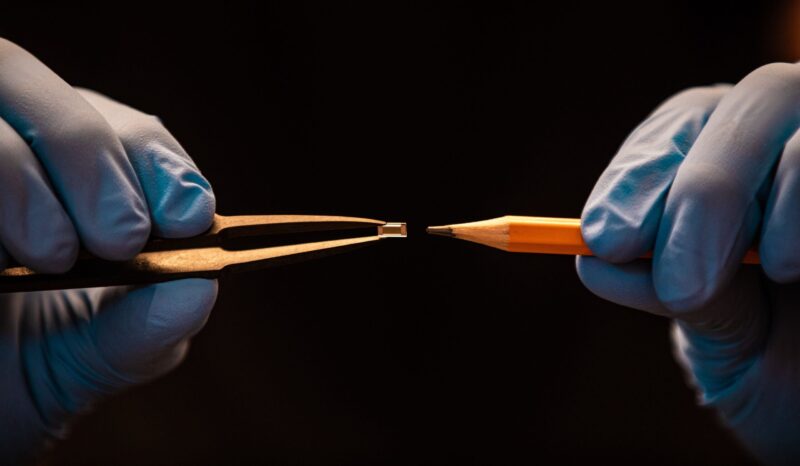The research surrounding cannabidiol (CBD) and other cannabinoids is still largely in its infancy, and scientists are unlocking new knowledge about cannabis nearly every week, particularly knowledge involving CBD-based research.
A recent example of that can be found in Australia where researchers examined the use of CBD among patients with advanced-stage cancer. For better or worse, the use of CBD does not appear to make changes in the disease’s progress. Below is more information about it via a news release from NORML:
Queensland, Australia: The use of CBD among patients with advanced-stage cancer is not associated with changes in either disease progress or survival, according to data published in the journal BMJ Supportive & Palliative Care.
Australian researchers compared outcomes of CBD versus placebo in a cohort of cancer patients. Study participants consumed either CBD (up to a maximum of 600 mg per day) or placebo daily for nearly three months.

No changes in either disease progression or survival were identified between the two groups.
The study’s authors concluded: “No significant difference was noted in disease progression or survival in patients with advanced cancer receiving CBD oil versus placebo in the context of this clinical trial. … Given the effect cannabinoids appear to have on cancer cell growth in vitro, it is not impossible to consider an anticancer role for these compounds, though we saw no specific benefit on disease progression with CBD prescription, or indeed survival.”
While numerous preclinical studies and a limited number of case reports have documented anti-cancer effects associated with cannabinoids, including THC and CBD, these effects have not been replicated in controlled human studies.
Full text of the study, “Cannabidiol oil or placebo in advanced cancer-disease progression and survival: A secondary analysis,” appears in BMJ Supportive & Palliative Care. Additional information on cannabis and cancer is available from NORML’s publication, Clinical Applications for Cannabis & Cannabinoids.
This article first appeared on Internationalcbc.com and is syndicated here with special permission.






